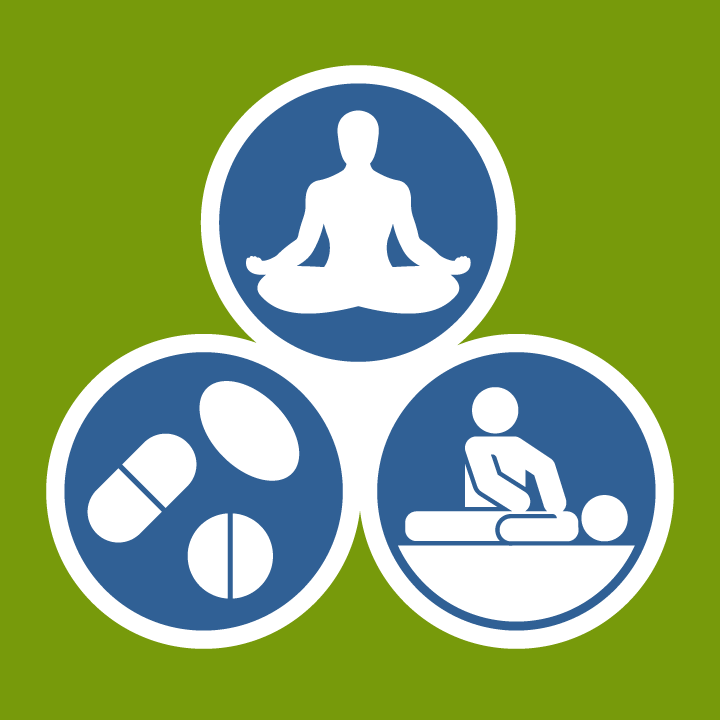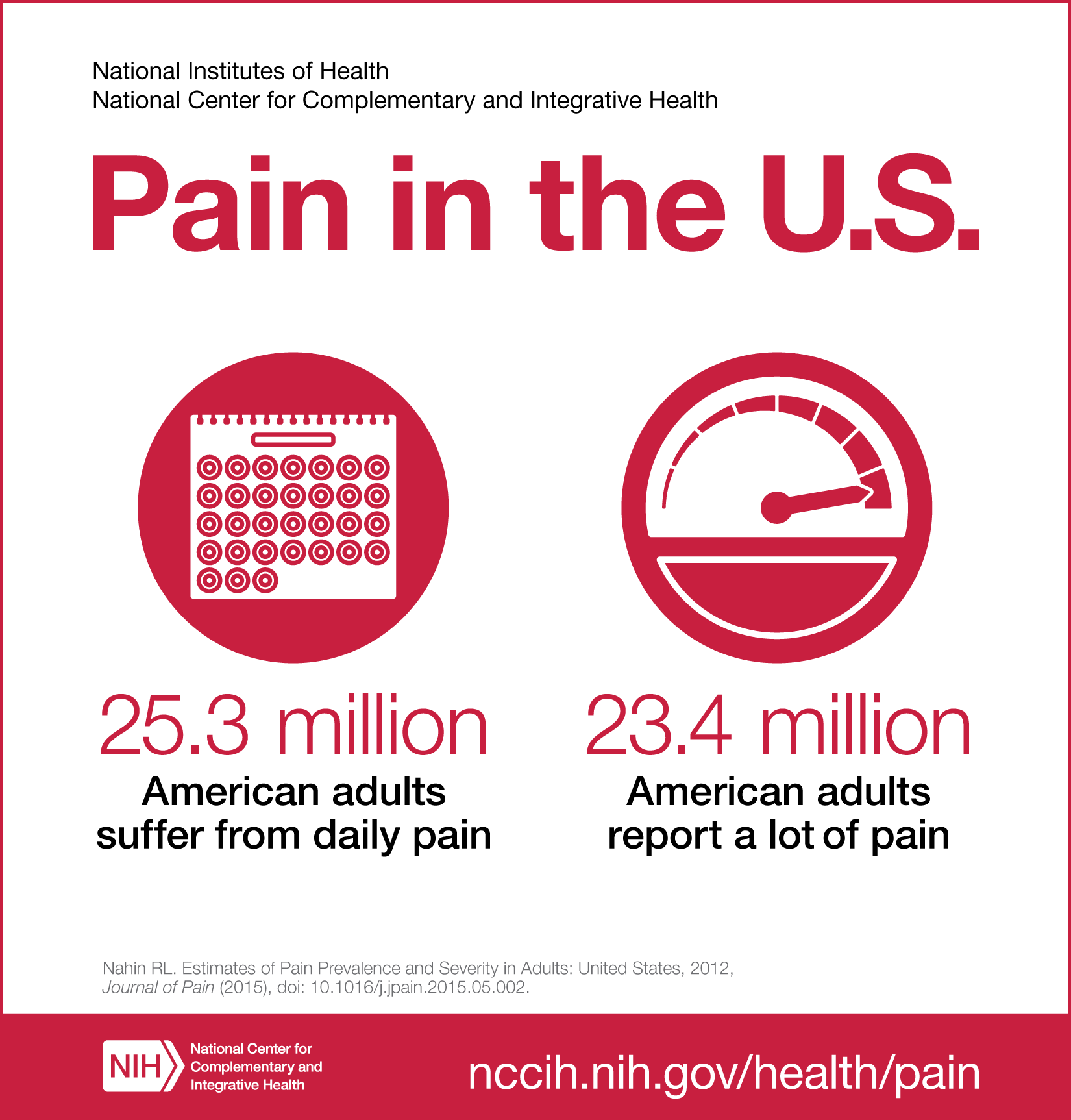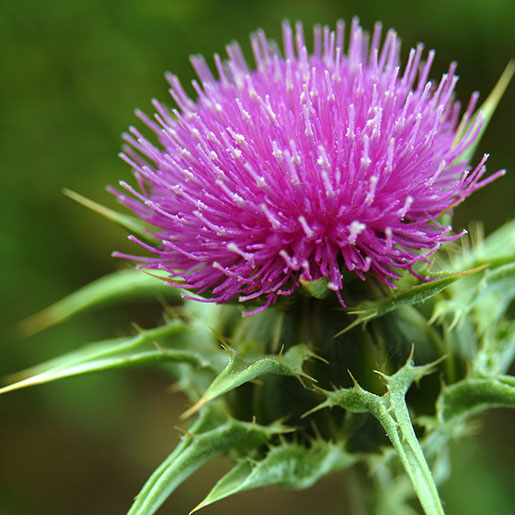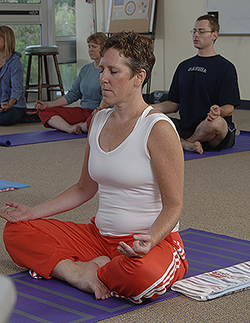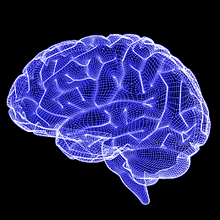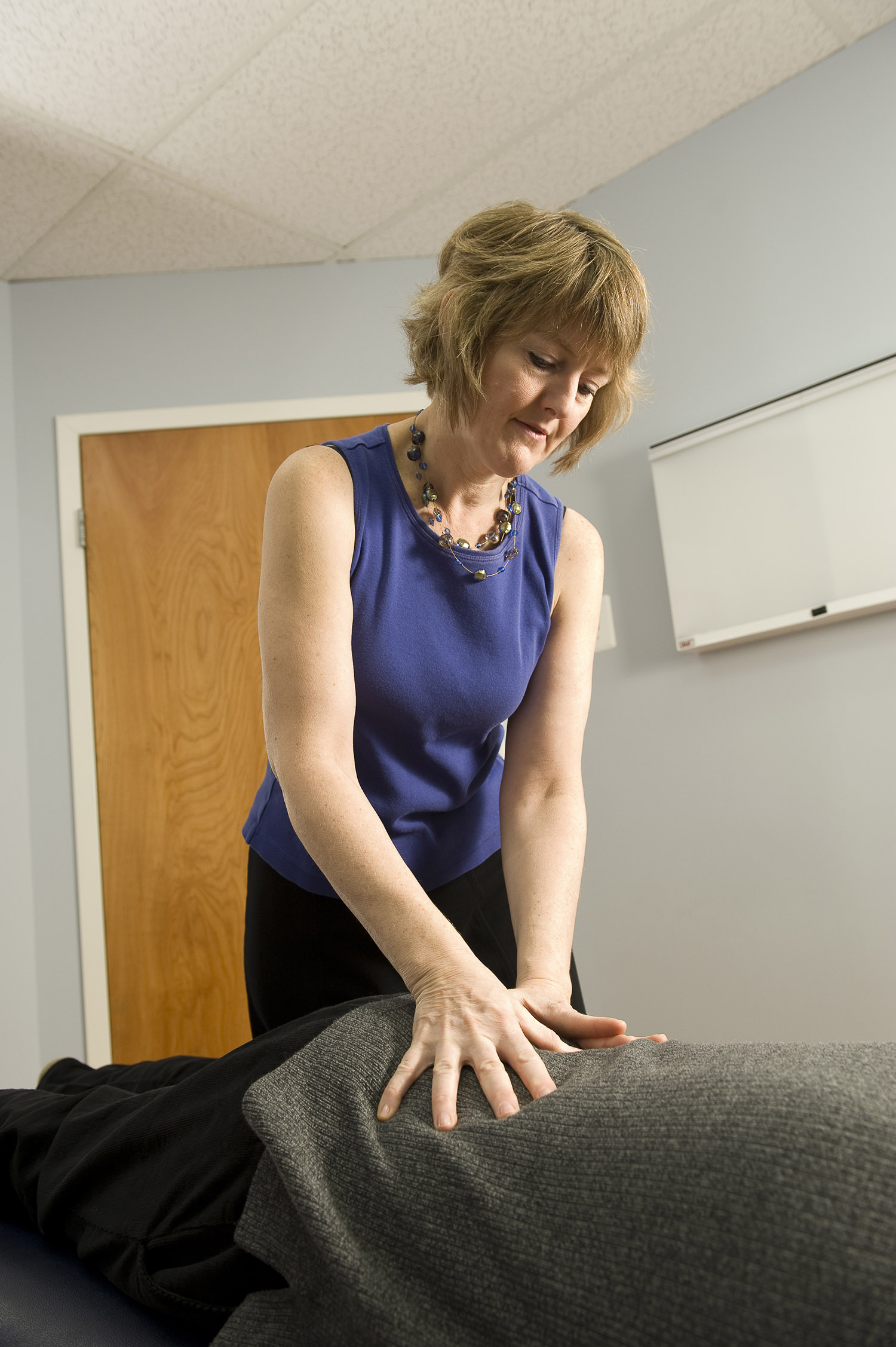Selected Research Results
Research spotlights of selected studies are shown below. For a full list of published NCCIH Research to-date, see PubMed.
Spotlights for 2015
National Survey Finds People Use Dietary Supplements and Yoga for Wellness Reasons, Chiropractic for Treating a Condition
People who take natural products or practice yoga are more likely to do so for wellness reasons, while people use spinal manipulation to treat a specific health condition.
November 2015
How People Rate Their Health May Predict Their Likelihood of Catching a Cold
Results of recent NCCIH-supported research suggest that people who self-rated their health below “excellent” were more likely to develop a cold than those who self-rated their health as "excellent."
November 2015
Fibromyalgia Studied Within the Context of a Large National Health Survey
Who has fibromyalgia? How does this health problem affect their lives? A new analysis of data from the 2012 National Health Interview Survey sheds light on these questions.
September 2015
U.S. Adults Spend Billions Out-of-Pocket on Complementary Approaches for Pain
Americans pay nearly $15 billion out-of-pocket on complementary approaches for pain, a new analysis shows.
August 2015
Genetically Modified Yeast Strains Produce Opioid Drugs From Sugar
Researchers from Stanford University, with funding from NCCIH, have created an innovative way to produce opioid drugs from sugar using genetically modified yeast. The research is described in a recent issue of the journal Science.
August 2015
Americans Are in Pain: Analysis of Data on the Prevalence and Severity of Pain From National Survey
New survey results clarify the impact of pain on the U.S. adult population.
August 2015
Study of Milk Thistle’s Effects Highlights a Two-Phase Process
New research sheds light on how silymarin, an extract from the herb milk thistle, might protect cells.
July 2015
Lack of Knowledge Is One Reason People Don’t Use Complementary Health Approaches
Lack of knowledge is a reason why people don’t use common complementary health approaches such as acupuncture, chiropractic, natural products, and yoga.
June 2015
New Clinical Decision Rule for Health Care Providers To Assess Patients’ Risk of Developing Chronic Pain
NCCIH-supported research develops clinical decision rule to identify people most likely to progress from acute to chronic low-back pain
March 2015
National Survey Reveals Widespread Use of Mind and Body Practices, Shifts in Use of Natural Products
A new report from the 2012 National Health Interview Survey shows some changes since 2007 in American adults' patterns of use of complementary health approaches.
February 2015
Report Advances Knowledge About Children’s Use of Complementary Approaches
New statistics show that children's use of some complementary health approaches, including fish oil, yoga, and melatonin, has increased.
February 2015
How the Brain Helps Us Filter Out Distractions
A study from Brown University, partly funded by NCCIH, looks at how the brain filters out distractions.
February 2015
Preferences for Once-Weekly vs. Twice-Weekly Yoga Classes Don’t Influence Yoga’s Effect on Low-Back Pain
Preference for once or twice-weekly sessions has little influence on yoga's effect on back pain, function.
January 2015
Low Risk of Stroke After Chiropractic Spinal Manipulation in Older Patients With Neck Pain, Study Finds
An analysis of Medicare claims data from older Americans who sought care for neck pain from chiropractors suggests that cervical spine manipulation is unlikely to cause stroke.
January 2015
